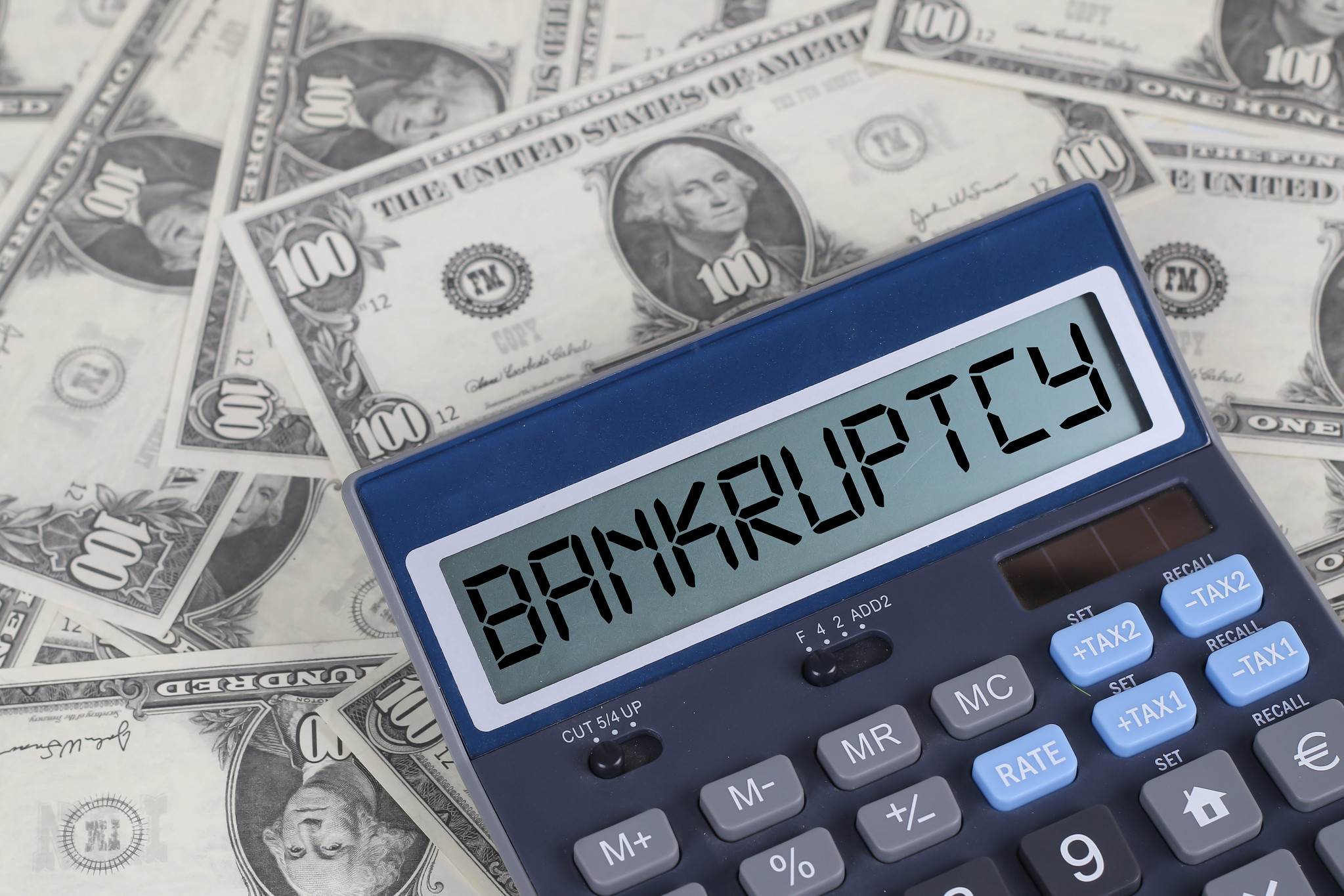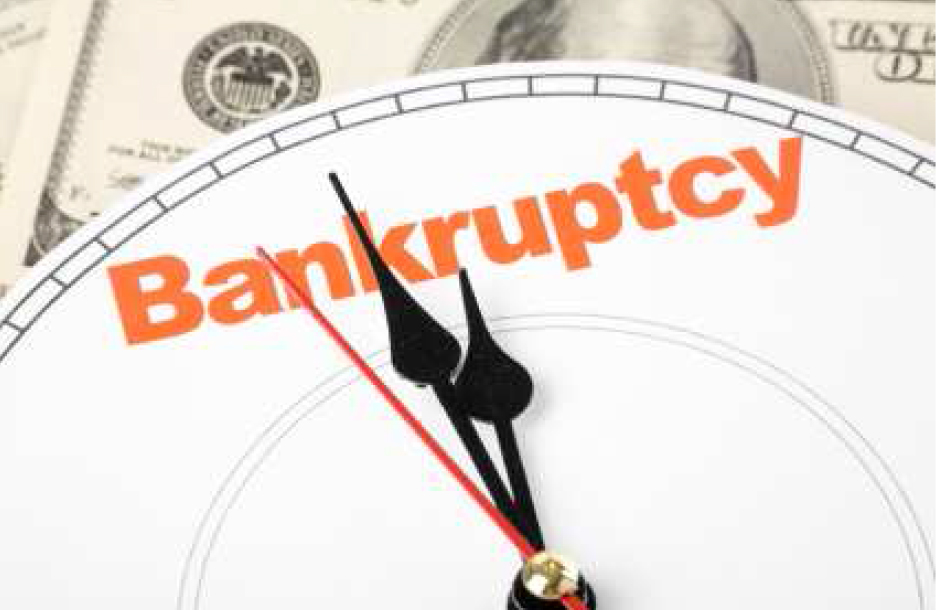Some property types are exempt from bankruptcy seizure, irrespective of their value, such as personal IRAs, worker compensation benefits, personal wearing apparel, family photographs, or life insurance.
Chicago, IL – Every day, hundreds of Illinois-based individuals and businesses file for bankruptcy. Anyone from a local Burger King to a notorious FBI informant can find themselves staring down a bankruptcy case. And when they do, they’ll need to have the right lawyers at their side.
What are Illinois’s laws about bankruptcy?
To understand a bankruptcy case in your state, you must first understand the laws governing this area. Filing for bankruptcy is done under federal laws, but Illinois laws dictate what assets you can protect using state exemptions.
The two major components of federal bankruptcy law that you need to understand are Chapter 7 and Chapter 13 bankruptcy.
Chapter 7 bankruptcy might be the go-to choice for your Chicago bankruptcy lawyers. Since it relies on liquidation, it’s quick (typically done within 4 months), and cheap (since you don’t pay anything to creditors). Basically, with Chapter 7 bankruptcy, court-appointed trustees will sell off your assets to pay off debt. The major snag with Chapter 7 bankruptcy is that you may lose assets like your car or even your home if you are behind on your payments. Since Chapter 7 bankruptcy does not rely on a payment plan, it does not allow your trustees to pick and choose to your advantage.
Then, you have Chapter 13 bankruptcy. Rather than focus on selling your things to cover as much debt at once, Chapter 13 bankruptcy is about reorganizing your finances. (As are Chapter 11 and 12 bankruptcies, which focus on businesses and farmers, as opposed to individual debtors.)
Under Chapter 13 bankruptcy, trustees will formulate a monthly payment plan that allows you to keep all of your possessions, provided you can make the monthly payments to your creditors. The major benefit of Chapter 13 bankruptcy is that it also allows debtors to salvage their car from repossession, or their home from foreclosure.
The major downside here, however, is that it can be expensive, and can drag on for years (many Chapter 13 cases take up to five years to complete).

What property do I keep?
No one can give a personalized answer, except seasoned Illinois bankruptcy lawyers, so schedule a consultation today. The courts may seize all property that is not subject to federal or state exemption.
Some property types are exempt from bankruptcy seizure, irrespective of their value, such as personal IRAs, worker compensation benefits, personal wearing apparel, family photographs, or life insurance.
Other items, however, are subject to an exemption cap, for instance: occupation related tools (up to $1,500), compensation for personal injury claims (up to $15,000), your home (personal equity of $15,000), or your vehicle (personal equity of $2,400).
In addition to that, your Chicago bankruptcy lawyers can help you sign a reaffirmation agreement. Basically, this is a written promise that you will make your monthly payments to creditors as promised, and in return, your property will not be seized and sold.
What happens if I file for bankruptcy with my spouse?
If you are filing for bankruptcy along with your spouse, you will each be entitled to your own personal equity and exemptions. This means that the amounts mentioned in the above exemptions get doubled. For instance, when filing for bankruptcy as a couple the protected equity in your home is $30,000, rather than $15,000.The same is true for your personal vehicle and or belongings.
Sources:
“Burger King franchisee files for Chapter 11 bankruptcy”;
“This brash real estate investor helped convict Tony Rezko. Now, he’s in bankruptcy.”


Join the conversation!